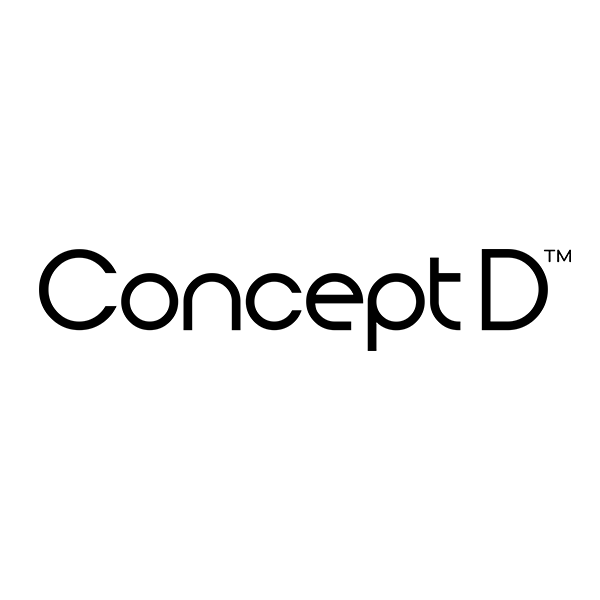Green Tech Certifications: What They Are and What They Mean
As the technology industry continues to invest in eco-conscious initiatives and launches new green products, a growing number of devices ship with green certifications. But what they mean and why they matter is becoming an increasingly important consideration.
If you’re in the market for new green tech products, only buy devices that have been inspected and certified by a third-party organization that upholds certain energy standards. But as the number of green devices hitting store shelves only increases, even more standards are coming to light and confusing buyers.
There’s far more than meets the eye in the green certification space. But this guide will help you understand more about certifications, which certifications to trust, and why they matter so much in the industry’s move to green tech.
Why do certifications matter?
Green tech certifications like Energy Star and EPEAT have become critical in the broader green tech movement. Products with certifications are verified by organizations that test products and their energy-efficiency to see if they hit their standards for sustainability.
Absent certifications, it’s impossible to determine whether a particular product is truly green. That’s why organizations that certify products are so important: without certifications, any company could say they’re selling a green product but not actually offering critical features that promote sustainability.
Energy certifications are also critical in keeping companies accountable. While there are plenty of companies that want to be viewed as environmentally conscious, their products must continue to uphold standards to actually prove their claims.
A watchdog not only keeps less environmentally friendly companies honest; it ensures eco-friendly companies that want to build sustainable products continue to do so.
How do products get certifications?
In order to obtain a certification, companies submit their products to certifying authorities. Those products are then tested against certain metrics to determine whether they reach or exceed standards set by those certifying bodies.
In the case of Energy Star, one of the most sought-after green certifications in the U.S., products must meet or exceed criteria set by the U.S. Environmental Protection Agency or the U.S. Department of Energy. Those criteria vary depending on the type of product.
Energy Star-certified computers need to have a host of features, including recyclable materials. They must also have a low power mode, display sleep modes, and have features in place to improve their energy efficiency. Perhaps most importantly, Energy Star continues to monitor products and verifies that they meet its minimum requirements. Any products that fail to live up to those requirements (which are regularly updated to keep pace with innovation and sustainability goals) have their Energy Star certifications stripped.
Energy Star is far from the only certification organization, but most others uphold the same kind of standards to ensure energy-efficiency. Products with certifications from multiple organizations must have features that hit all the requirements for each certificate authority.
What are some of the certifications to know?
There are several certification authorities in addition to Energy Star that all aim at boosting green technology.
Energy Star is generally focused on energy savings and aims at promoting products that are more efficient and have efficient hardware and software features.
The Electronic Product Environmental Assessment (EPEAT) only certifies electronics. EPEAT’s certification, which is regularly updated, focuses on energy efficiency and the reduction of toxic materials in products. It also requires that companies earning an EPEAT certification are built for long-term use and have recyclable materials that ensure they won’t harm the environment after they’re retired.
TCO Certified is another important certification program designed for electronics. The organization conducts 20,000 hours of testing on products each year and continues to update its criteria to ensure it’s keeping with the times. In order to qualify for a TCO certification, companies must build products that reduce the use of harmful chemicals, take user health and safety into account, and have been built to be durable and last longer than previous generations. The TCO Certification also requires a commitment to socially responsible manufacturing processes.
How to verify certifications
Although companies are quick to promote their green certifications, there are times when products fall off the list because they failed to live up to their certification requirement. Verifying whether a product is on the list or not is where the trouble comes in for customers.
To address that, most certification authorities provide a list of currently qualifying products. Energy Star’s list is filterable and allows you to see every device — from refrigerators to computers — that have earned its prestigious certification. The same holds true for TCO Certified, which lets you search for products to see whether they still have the certification. EPEAT’s online tool similarly makes it easy to find certified products across computers, displays, smartphones, networking equipment, and other devices.
The certification sites also provide a range of products and categories to explore to find additional products that support energy-efficient technology. And since they’re regularly updated, you can keep checking back to find the products you want most.
A quick guide to products
Acer is proud to offer several products that come with the most prestigious energy-efficient certifications, including Energy Star, TCO Certified, and EPEAT.
The company’s Aspire Vero and TravelMate Vero computers offer an EPEAT certification to give you peace of mind. The Acer Vero BR7 monitor ships with Energy Star, TCO Certified, and EPEAT certifications, making it an ideal choice if you’re in the market for an energy-efficient monitor.
Before you buy any green product, be sure to check on certifications and verify that it actually has the certification in question. Products that have a certification (or even better, two or three) can give you peace-of-mind knowing they can help you reach your sustainability goals — and save on energy costs.












